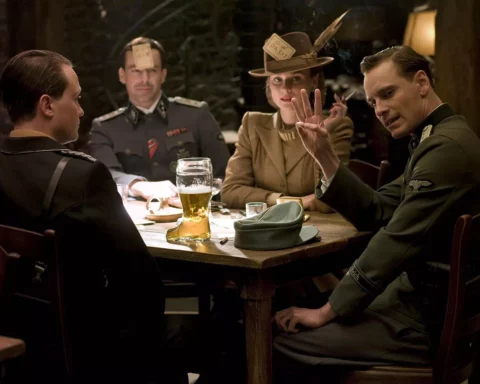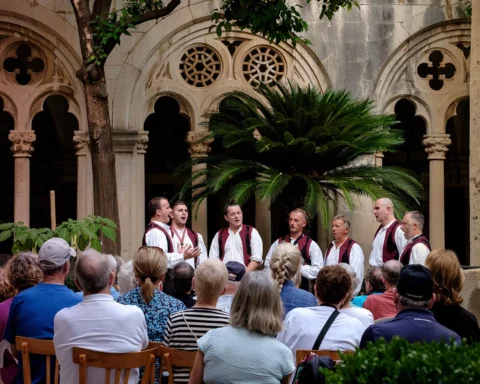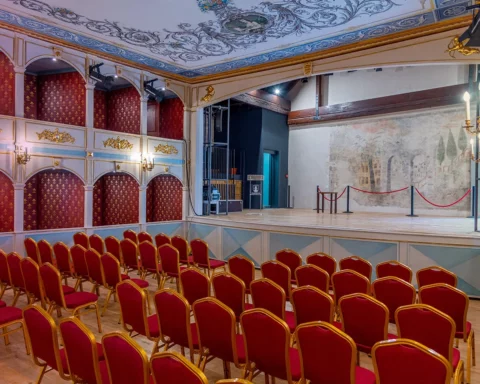Taking a sharp rise in sales in the second decade of the 20th century, Prosecco became THE sparkling wine of literati and glitterati. Not as posh as the original Champagne, it matched the latter in popularity. And as well as Champagne, it also has its unique (Italian) birthplace and single grape variety (Glera) you can produce it from. Or does it?
Corks pop in the EU
Well, the answer is not so simple, and the European Commission will soon face this tricky question. The word itself is of Slavic origin, and Croatia, to this day, brags about producing wine of a similar name, though of different characteristics. It’s Prošek: a sweet dessert wine, made by local wineries, such as Tomić Winery on Hvar Island. It comes from indigenous Croatian grape varieties and is made using the passito method – from fruits that are sun-dried into raisins to concentrate the flavor.
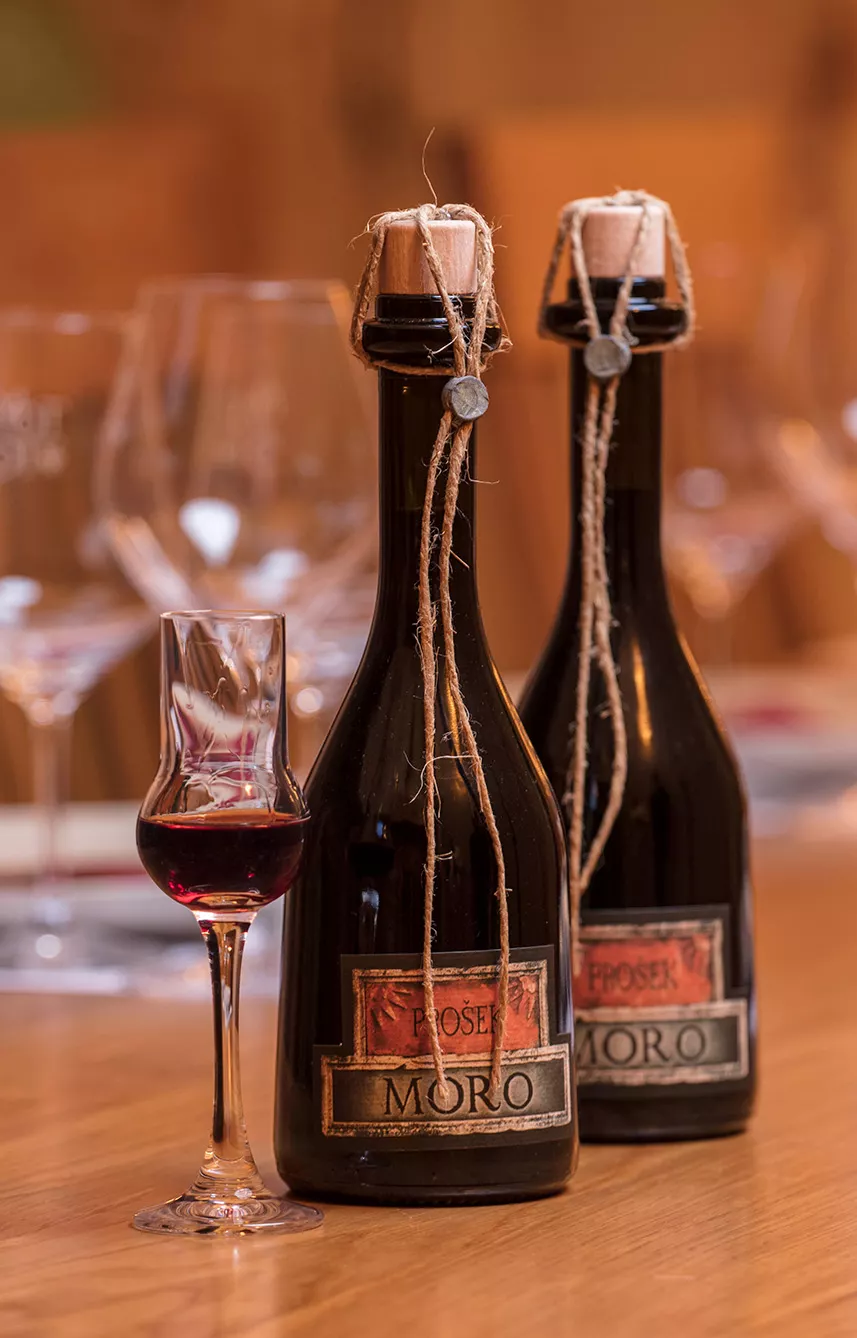
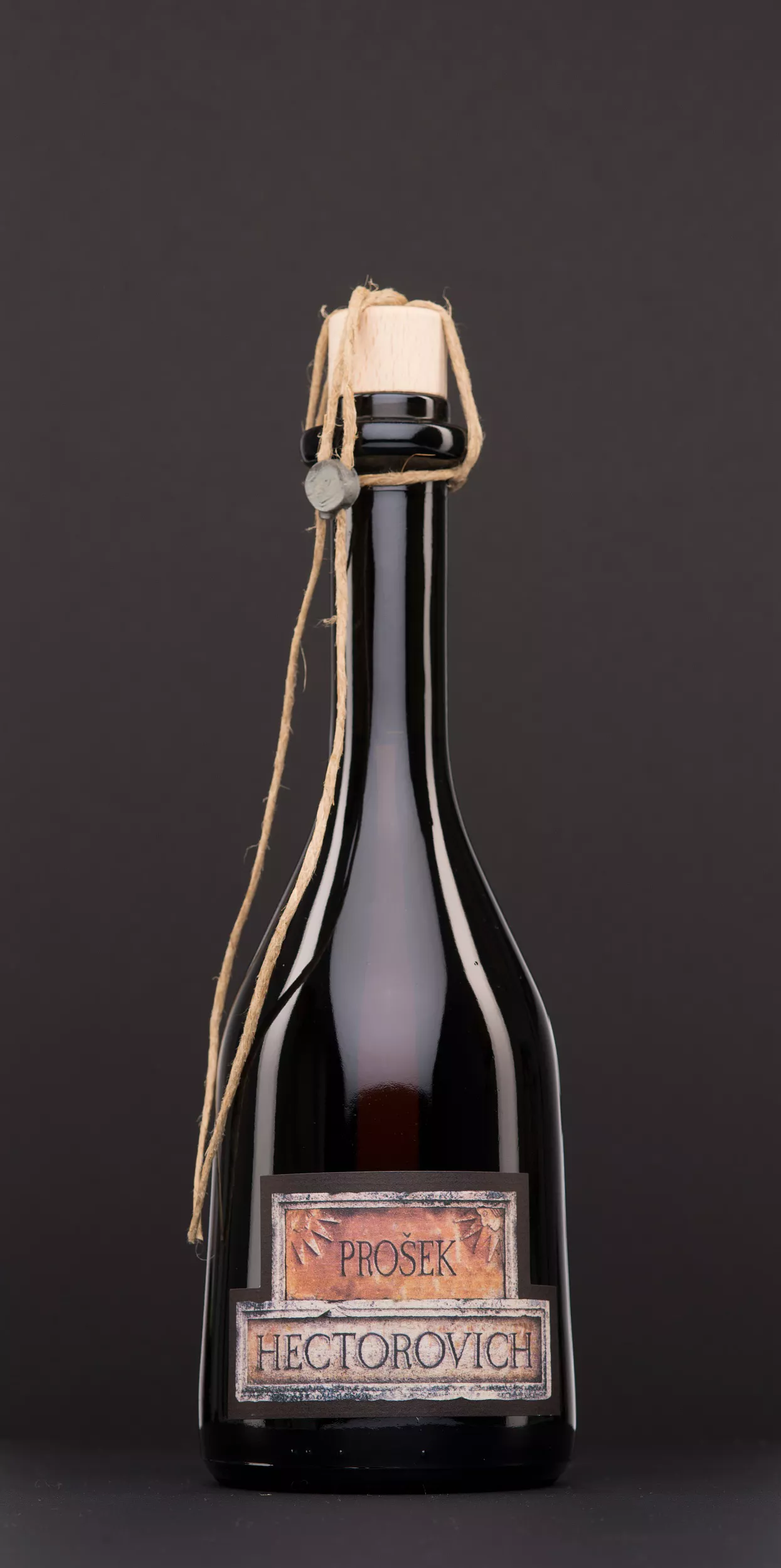
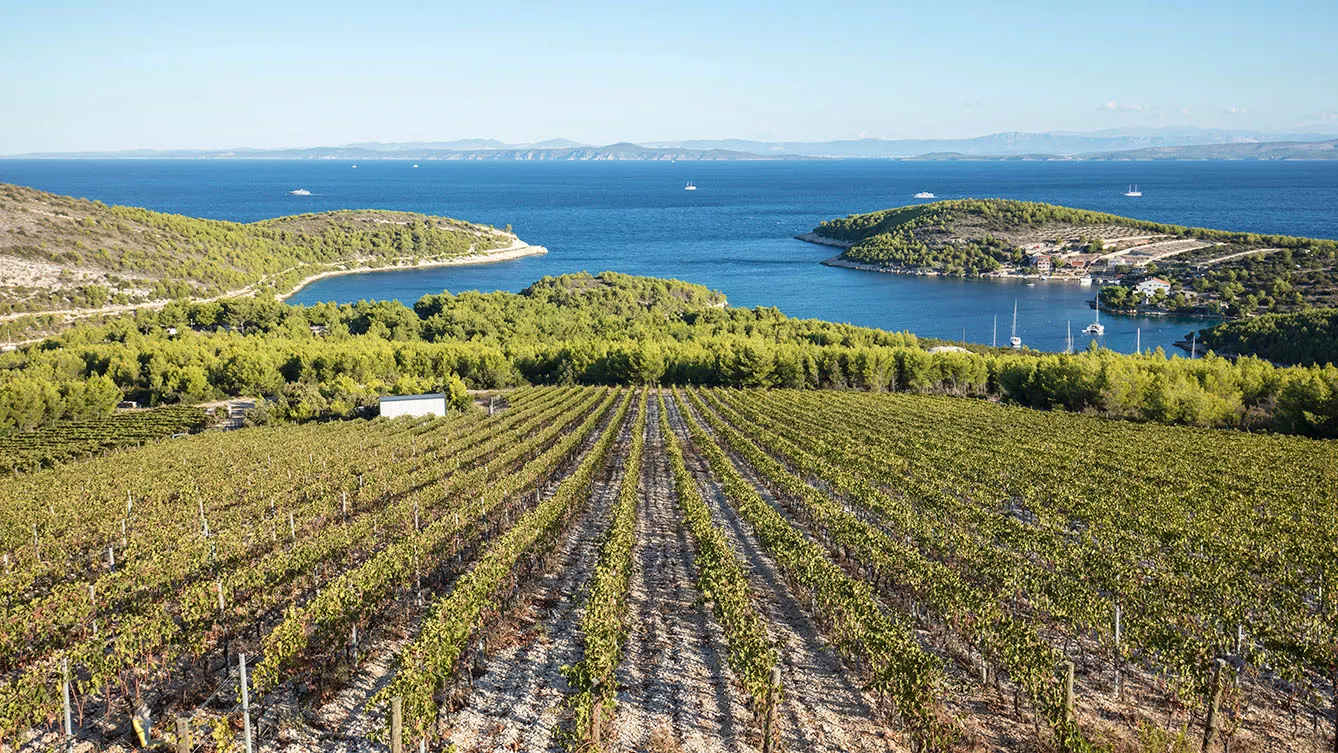
Let’s start with the name. Some argue that the Croatian word ‘Prošek’ is merely a translation of the original Italian word ‘Prosecco,’ which originates from a suburb of the city of Trieste that bears that name. However, to that end, the city itself is at the northernmost part of the Adriatic Sea. Currently Italian, it’s just on the border of Slovenia, right at the point where it meets the Croatian border. For some time in history, Trieste was an essential port of, now landlocked, Austria, or, more precisely, the Austrian-Hungarian Empire.
Trieste could then be considered a historically Central European city, and Central Europe includes many Slavic countries. Therefore, the world ‘Prosecco’ may have, and in fact, does have Slavic origins. It’s easy to recognize for anyone speaking Slavic languages, from Polish in the north to the southernmost users in Bulgaria: ‘prošek’ and similar words come from the Slavic root meaning ‘to chop,’ as thousands of villages with crop fields came from chopping the primordial forest of the area.
Is Prosecco Croatian?
Therefore, Croatian Prošek may be as primordial as the aforementioned forest. Produced since Ancient Roman times, it is subject to variance from family to family, as they produce it according to their own recipes. As in the case of Starka vodka from the Northern Slavic countries, there’s also a custom to produce Prošek upon childbirth to be consumed on this child’s wedding day.
It leaves little to wonder why Croatians tried to register Prošek under the EU’s Protected Designation of Origin law from day one of Croatia’s membership in the EU in 2013. Part of the protection under this right is against ‘hijacking’ a product’s name by translation to other languages. (As happened with the use of ‘parmesan’ to describe something other than Parmiggiano Reggiano.) This is at the root of the Italian fear.
The Italian agriculture minister, Stefano Patuanelli, argues that it will open the gate to disguising Prošek as Prosecco. And Italian European MP Paolo de Castro went even further to suggest that Prošek is a Croatian translation of the original word Prosecco.
As some experts claim, with the EU’s decisions against parmesan and Spanish champanillo (‘little champagne’), the odds may be stacked against Croatian Prošek. In another especially famous case from 2005, the EU forbade the wine region Friuli Venezia Giulia from using the name ‘Tocai,’ as it might mislead consumers that they enjoy a glass of Hungarian Tokaj.
And now it may be that same regulation will privilege Italians against other Central European traditional wines.



